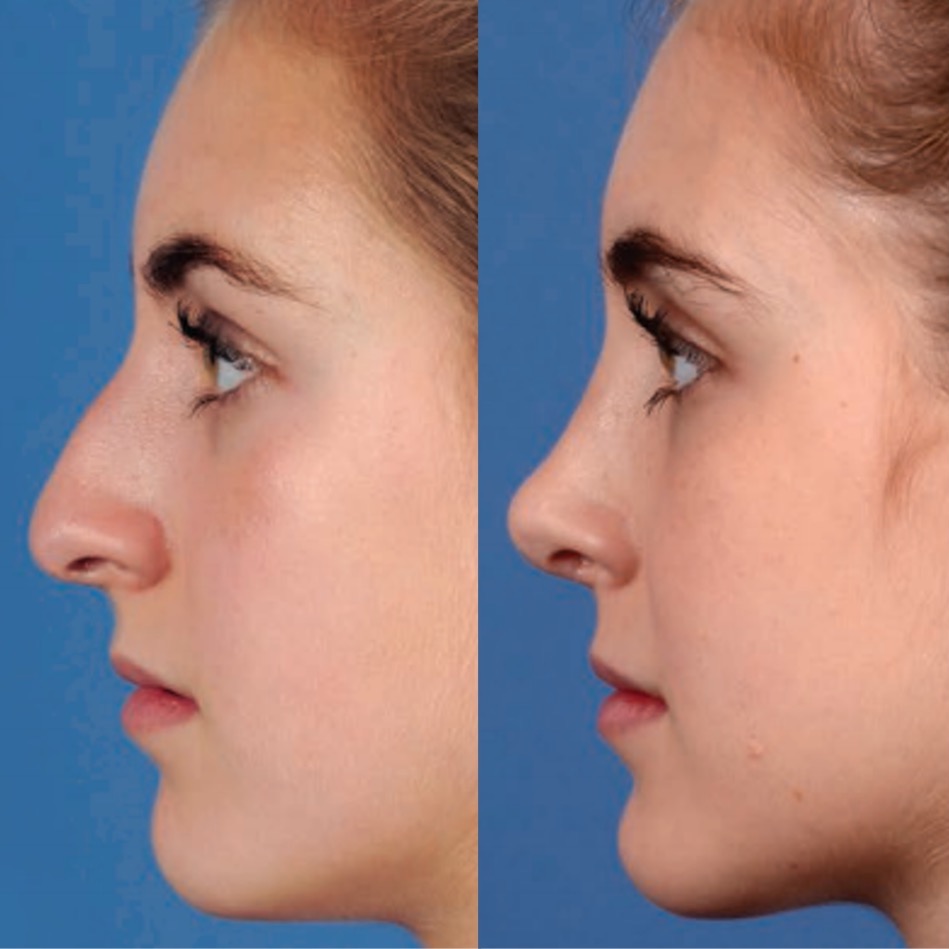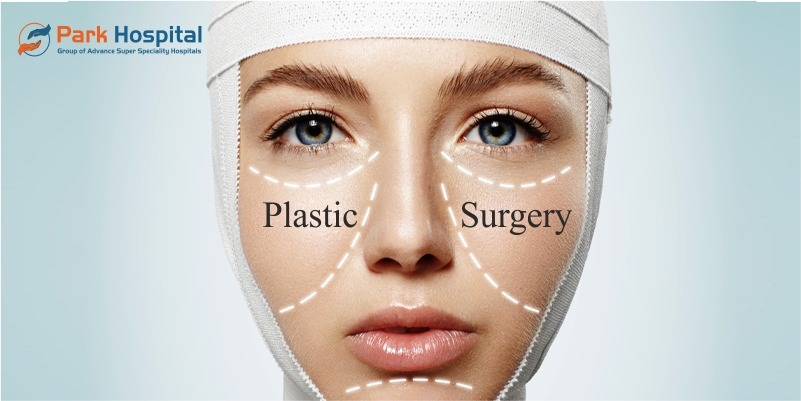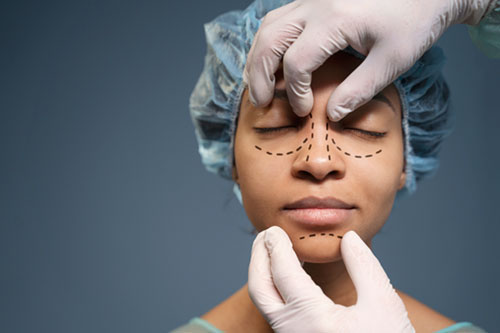The Influence of Self-Image on Decision-Making: Reasons Lots Of People Pursue Cosmetic Surgical Treatment for Physical Improvement
The interaction in between self-image and decision-making is a complex phenomenon, particularly obvious in the enhancing fad of people selecting plastic surgery as a way of physical improvement. Encouraged by a desire to satisfy individual ideals and social assumptions, lots of people face problems of self-confidence that can dramatically affect their choices. As exterior pressures from social networks and cultural standards escalate feelings of insufficiency, an essential question occurs: what are the underlying psychological factors that drive this search of transformed looks, and what effects do these choices hold for individual identification and wellness?
Comprehending Self-Image
Self-image describes the psychological photo and assumption an individual holds concerning themselves, encompassing aspects such as physical appearance, personality qualities, and overall self-respect - mommy makeover rancho cucamonga. This inner depiction considerably affects exactly how people engage with the world and can be a driving force behind various life choices, consisting of the choice to undertake cosmetic surgical treatment
A positive self-image often associates with greater self-esteem and a feeling of self-confidence, promoting a positive method to life. On the other hand, a negative self-image may bring about feelings of inadequacy and discontentment, motivating individuals to seek external solutions to viewed problems. This pursuit for improvement can show up in the desire for physical makeover through cosmetic procedures.
Furthermore, societal criteria and cultural influences play a critical duty in forming self-image. The pervasive nature of media and peer comparisons can magnify sensations of insecurity, encouraging people to alter their appearance in pursuit of approval or approval. Recognizing these characteristics is crucial in comprehending the inspirations behind cosmetic surgery. Inevitably, self-image is a complex construct that intertwines with emotional health, societal expectations, and individual goals, making it a vital aspect in the decision-making procedure relating to cosmetic improvements.
Psychological Aspects at Play
Countless mental aspects influence an individual's choice to seek plastic surgery, typically rooted in deeper cognitive and psychological procedures. One significant element is low self-worth, which might arise from unfavorable self-perceptions or frustration with one's look. Individuals with decreased self-respect might believe that modifying their physical features will certainly enhance their overall value and approval in social contexts.
In addition, the idea of body dysmorphic disorder (BDD) plays a crucial duty. Individuals dealing with BDD experience a compulsive concentrate on perceived problems in their appearance, leading them to look for surgical treatment as a remedy. This compulsive wish for makeover can considerably misshape their self-image, driving them to pursue treatments in spite of the possibility for adverse results.

Social Stress and Expectations
A significant impact on people' choices to undertake plastic surgery stems from societal stress and assumptions that pervade contemporary society. In an age dominated by social media and continuous visual direct exposure, idealized criteria of appeal are often showcased, creating a prevalent setting where physical look is extremely inspected. Such requirements typically dictate what is considered attractive, leading individuals to feel urged to satisfy these perfects.
In addition, the normalization of cosmetic enhancements in pop culture further intensifies these stress - mommy makeover rancho cucamonga. Celebrities and influencers freely discussing their operations can create an understanding that such modifications are not just appropriate however desirable. This phenomenon can engender sensations of inadequacy in individuals who may feel their all-natural appearance does not align with societal benchmarks
In addition, the impact of colleagues can not be neglected. People may come across straight or indirect pressure from pals or household, leading to a common validation of plastic surgery as an acceptable ways to accomplish an idealized self-image. Consequently, these societal assumptions can significantly influence individual decision-making procedures, frequently outweighing intrinsic inspirations for self-improvement and cultivating a society where physical improvement is sought as a solution for perceived shortcomings.

Study and Individual Stories
Lots of people have shared their personal trips regarding cosmetic surgical treatment, disclosing a complicated interplay between self-perception and societal influences (mommy makeover rancho cucamonga). She acknowledged that her decision was greatly affected by media portrayals of beauty.
Likewise, a male patient in his late twenties stated his battle with body dysmorphic condition, which triggered him to seek liposuction surgery. His experience highlighted not only a need for physical improvement however additionally a goal for acceptance amongst peers. Post-surgery, he shared a renewed sense of self-worth, albeit with the understanding that internal recognition need to precede outside adjustments.
These situation research studies highlight a wider trend: people frequently watch plastic surgery as a path to boosted self-image. Nevertheless, the narratives likewise expose a crucial point of view on the stress and assumptions that form these decisions, recommending that personal tales are deeply linked with societal standards and worths.
Alternatives to Plastic Surgery

Skin care treatments, including chemical peels and microdermabrasion, can boost skin structure and tone, resolving problems like acne scars or unequal pigmentation. Furthermore, laser therapy is a reliable approach for targeting specific skin read this article issues, such as sunlight damages or vascular lesions, advertising an extra vibrant appearance.
For those looking for body change, non-invasive fat reduction methods like CoolSculpting can assist eliminate stubborn fat deposits without surgical procedure. Health and fitness programs and nutritional counseling are also vital devices for individuals intending to accomplish a healthier body photo. Inevitably, these options can supply considerable results while straightening with personal convenience levels and choices, fostering a favorable self-image without the durability of plastic surgery.
Verdict
In verdict, the quest of cosmetic surgical treatment is commonly driven by complex communications between self-image, emotional elements, and societal stress. People often look for physical transformation in an attempt to boost self-esteem and line up with viewed requirements of appeal. This sensation emphasizes the requirement for better understanding of the underlying motivations and possible repercussions connected with such choices. By checking out choices and fostering a much healthier self-image, individuals might discover a lot more lasting pathways to self-acceptance and well-being.
The interplay between self-image and decision-making is an intricate sensation, especially apparent in the increasing fad of people choosing for cosmetic surgery as a means of physical makeover.Many psychological factors influence a person's choice to go after my site cosmetic surgical treatment, commonly rooted in deeper emotional and cognitive processes.A significant impact on individuals' choices to go through cosmetic surgical treatment stems from societal stress and expectations that infuse contemporary society. Individuals might come across direct or indirect pressure from friends or family members, leading to a communal recognition of cosmetic surgery as an appropriate methods to attain an idealized self-image.Lots of people have shared their personal journeys relating to cosmetic surgery, disclosing a complex interaction in between self-perception and societal influences.